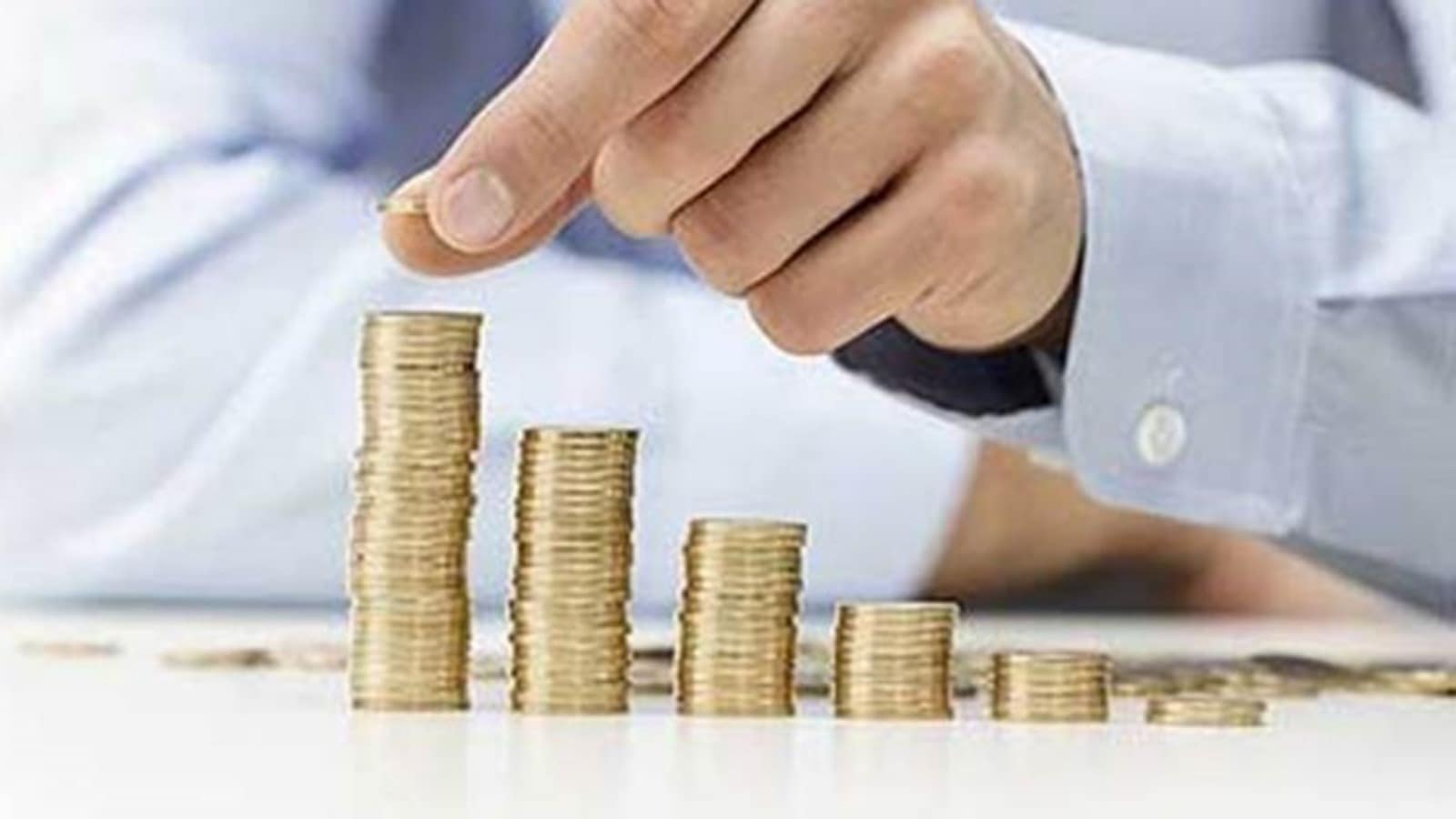
India Seeks EU Investments Amid Trade Negotiations
India is keenly pursuing broad-based investments from the European Union (EU) as part of ongoing negotiations for a comprehensive trade deal. This deal aims to enhance access to various sectors, including legal, accounting, and IT services, by the end of the year. However, significant challenges remain, particularly concerning market access in the automobile and alcoholic beverage sectors, which are crucial for both Indian and EU interests.
The urgency for these investments arises as the EU has committed substantial resources to the US market under the US-EU trade deal. With India facing high tariffs of up to 50% in the US, the stakes are high. A successful trade agreement with the EU could provide relief for Indian exporters, especially those in labor-intensive sectors worth over $40 billion. The EU is India's second-largest export market and a key source of investment in the services sector, making this deal vital for India's economic growth.
While recent discussions did not finalize any additional chapters, they did show promising progress in several areas, particularly in goods. However, more dialogue is needed, especially regarding the automobile and beverage sectors, as well as non-tariff measures that increase compliance costs for Indian firms. Both India and the EU have lists of non-tariff barriers they are working to address.
Access to the automobile and alcoholic beverage markets is a top priority for the EU. Following recent agreements with the UK, the EU is likely to push for broader access to these sectors in India. India's earlier moves to open these markets have attracted EU interest, but competition with the UK complicates negotiations.
India is also focused on reducing compliance costs associated with regulations in sectors such as fisheries and agriculture. For instance, excessive scrutiny in fisheries can lead to increased costs for exporters. Moreover, improving the export process for Indian pharmaceuticals is a priority, as EU approvals currently take significant time. Aligning with the EU's Maximum Residue Limits for agricultural products is also essential for smooth trade relations.
The European Commission notes that despite the progress in bilateral trade, India accounts for only 2.5% of the EU's trade in goods and services, indicating a vast potential for growth. High tariffs and restrictive internal measures in India pose barriers to foreign investment and competition. The EU aims to scale up investments in India through its 'Global Gateway' initiative, which seeks to enhance connectivity and cooperation in sectors like renewable energy and digital infrastructure.
As both parties continue to negotiate, assessing external vulnerabilities and strategic trade opportunities will be crucial. Ensuring a secure supply of critical raw materials is a priority for sustainable industrial growth, and India's commitment to the G7 Critical Minerals Action Plan reflects this alignment. With ongoing discussions, both India and the EU stand to benefit from a successful partnership, unlocking new avenues for trade and investment.









